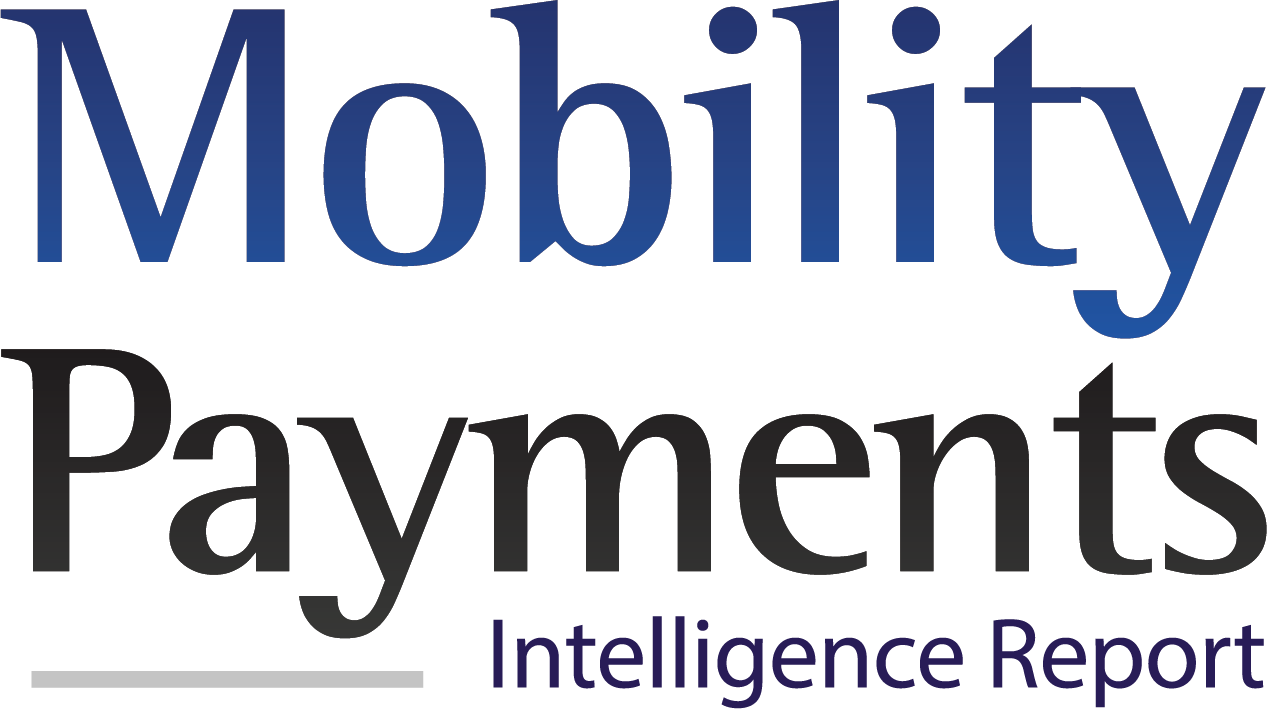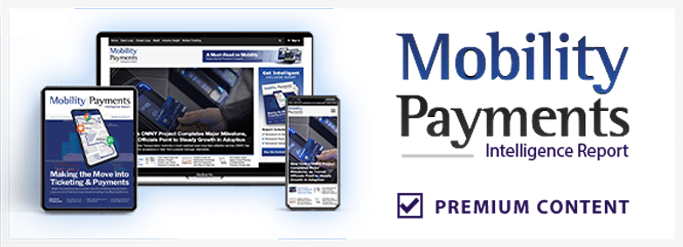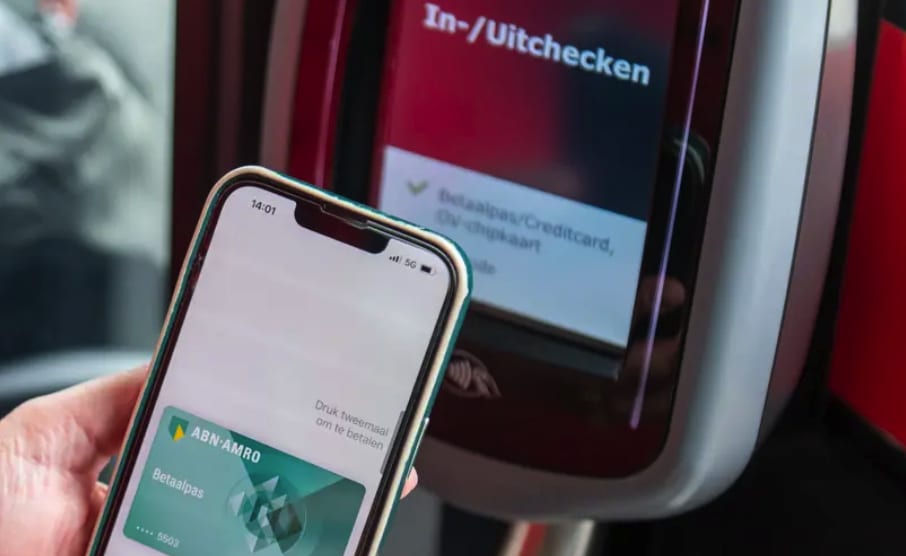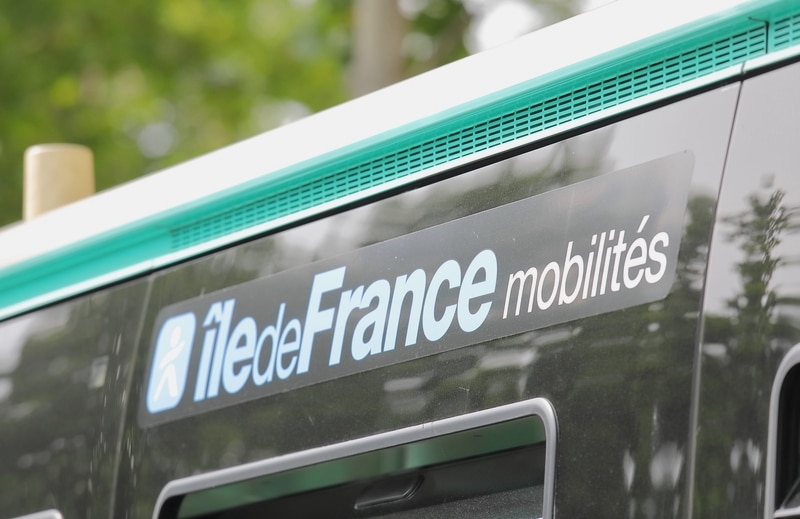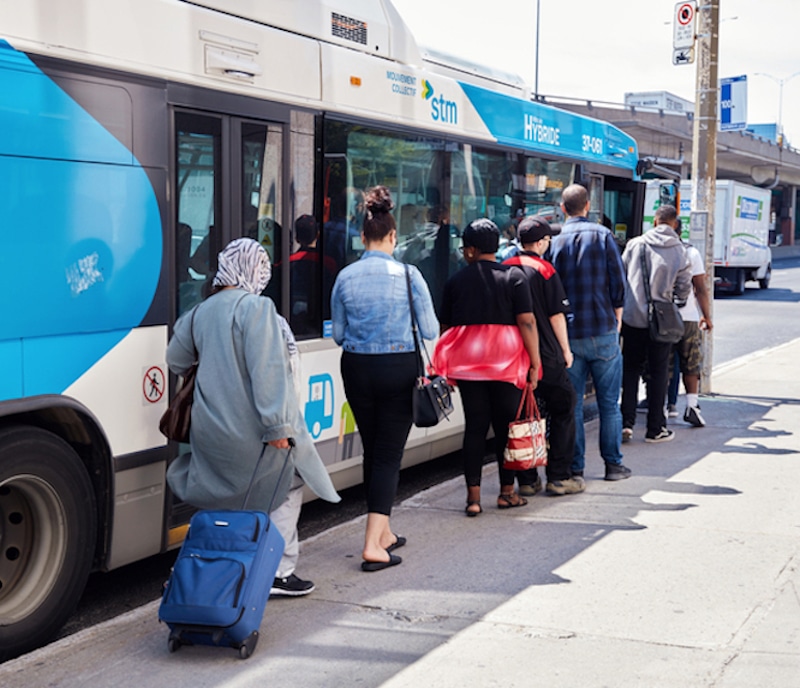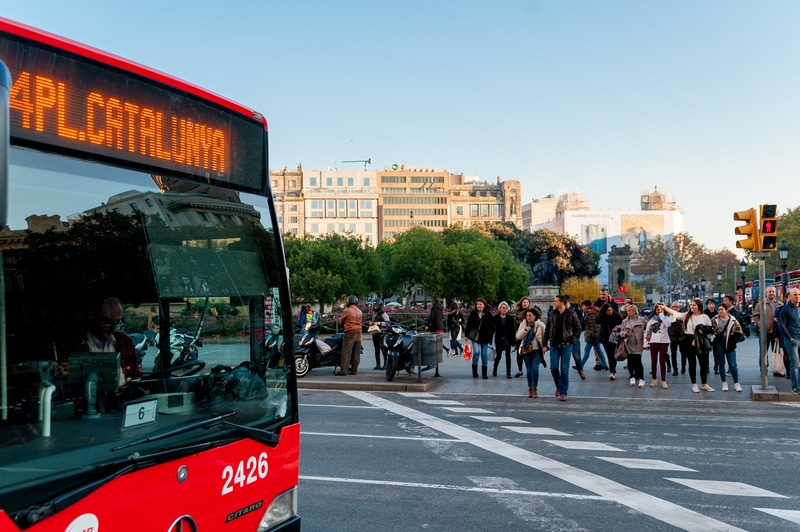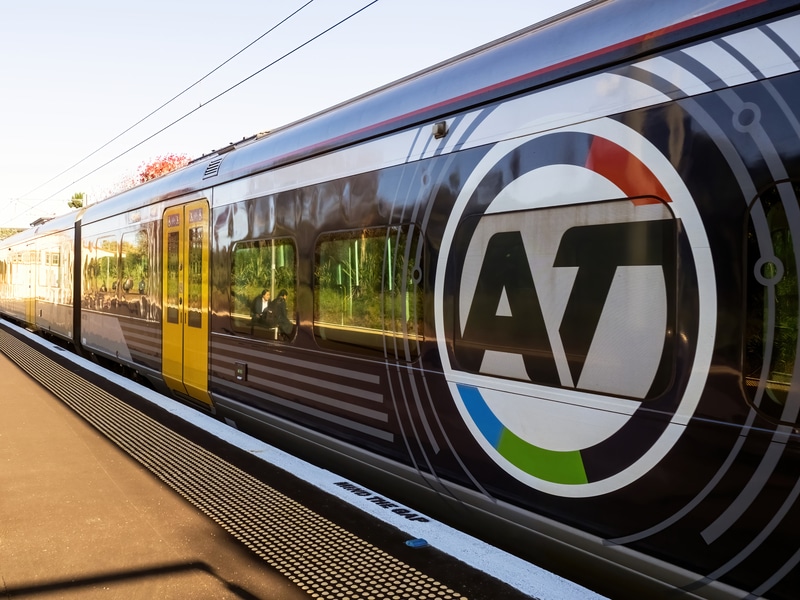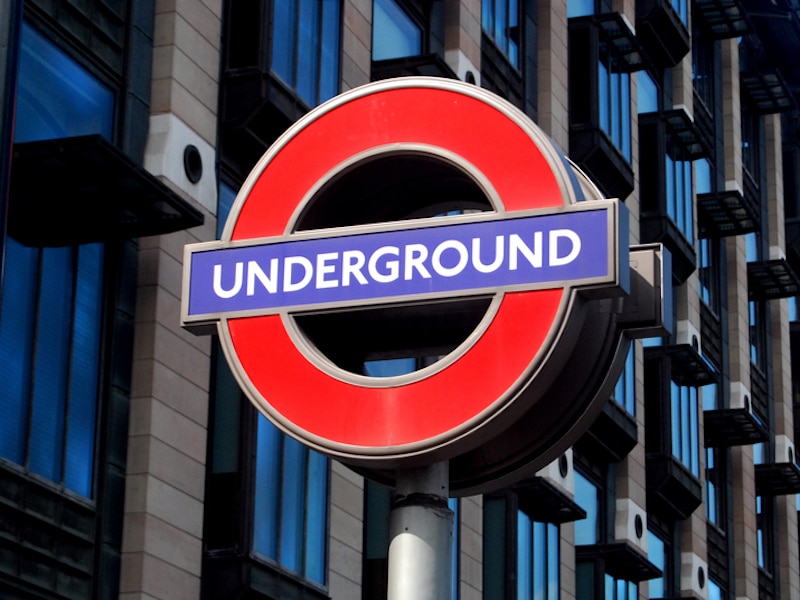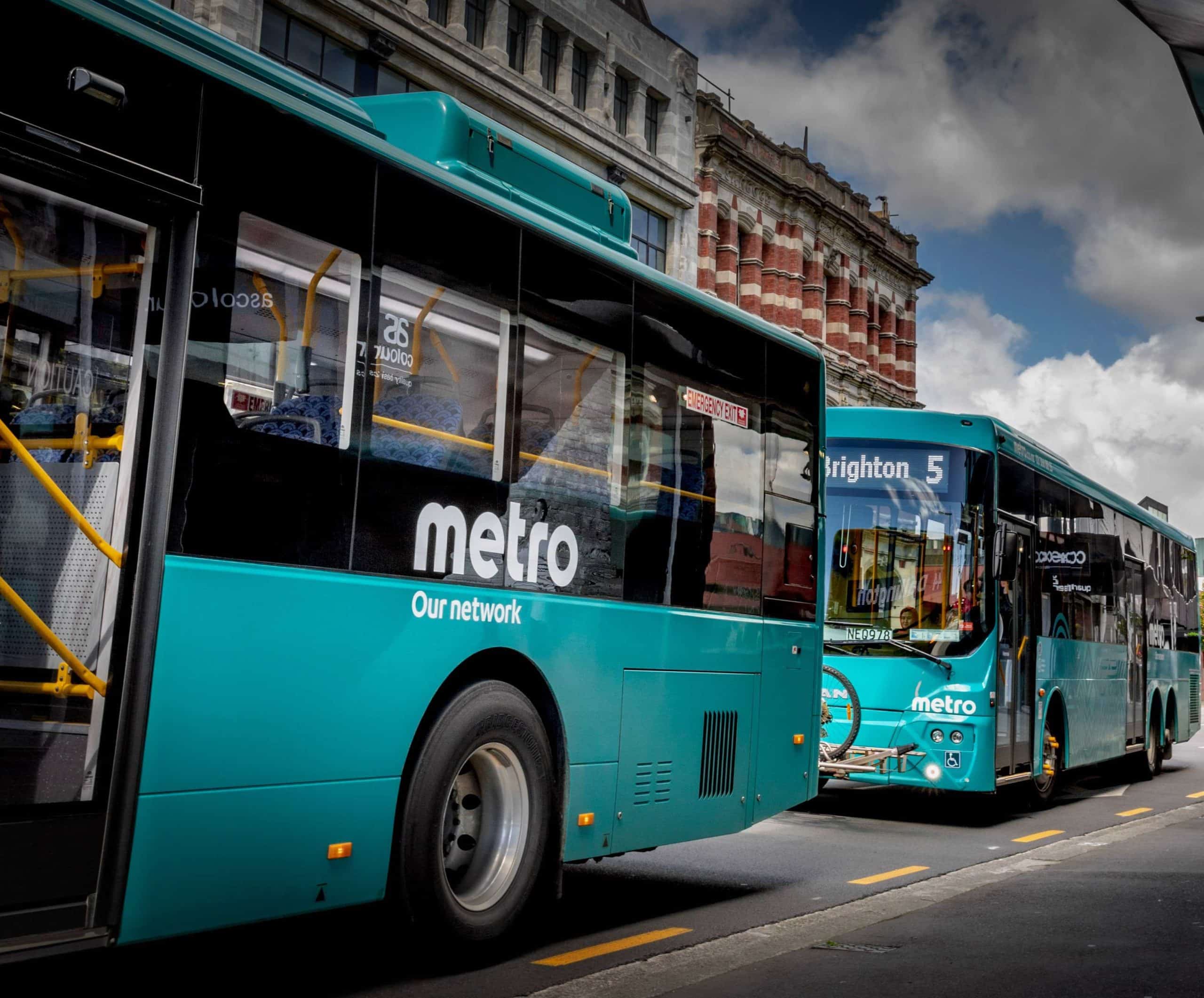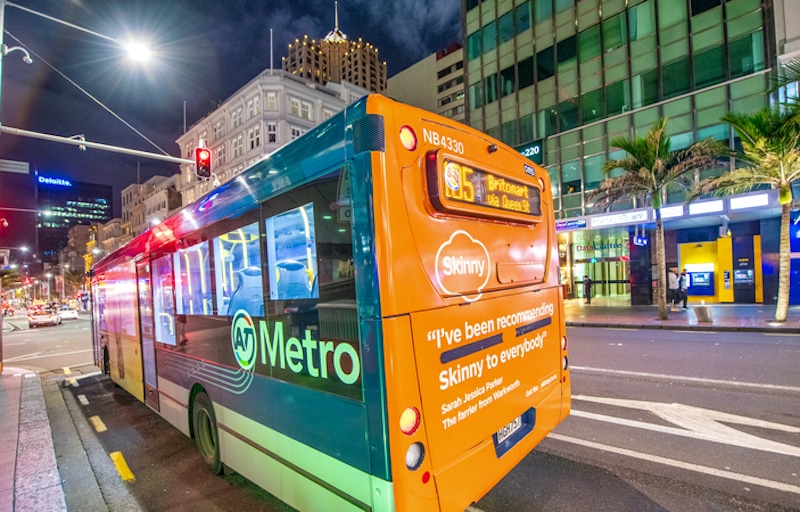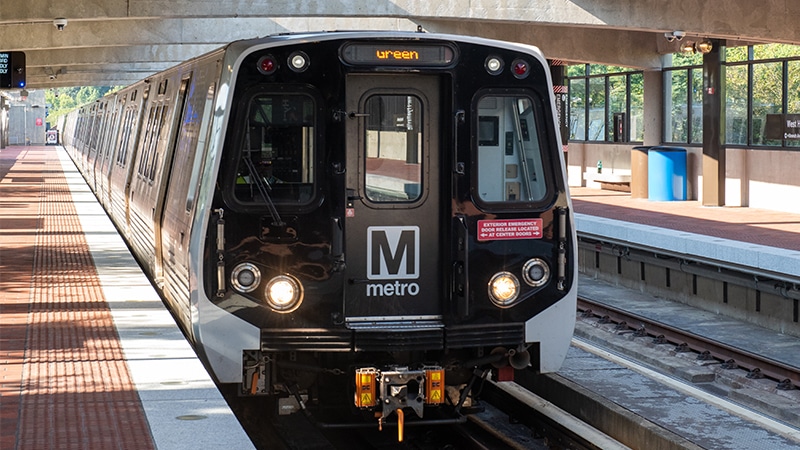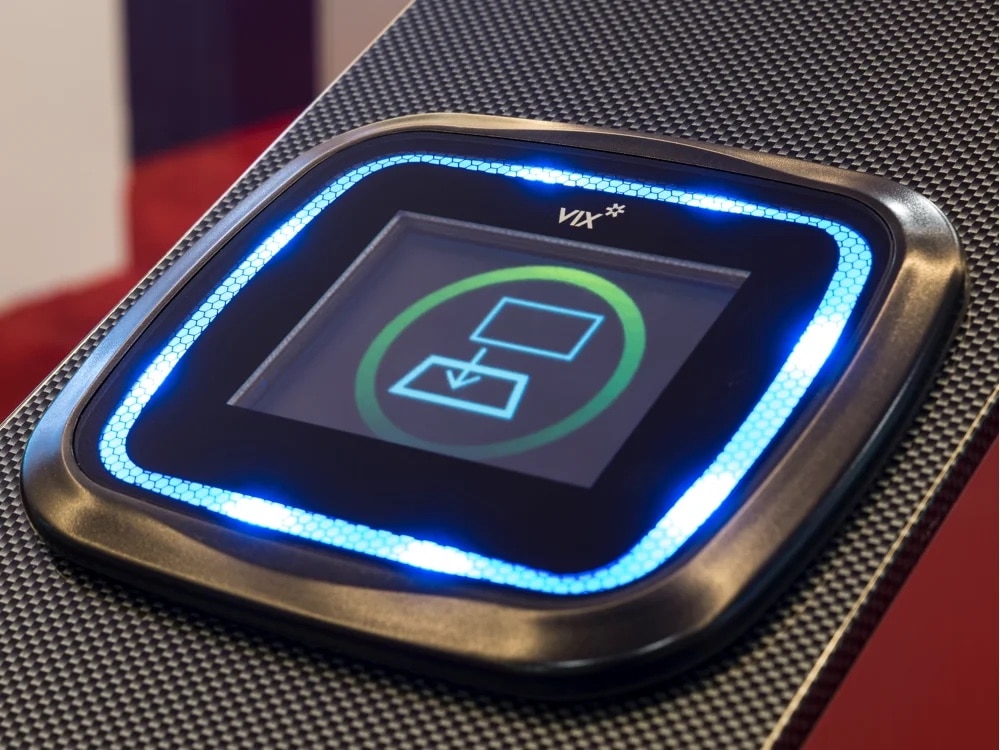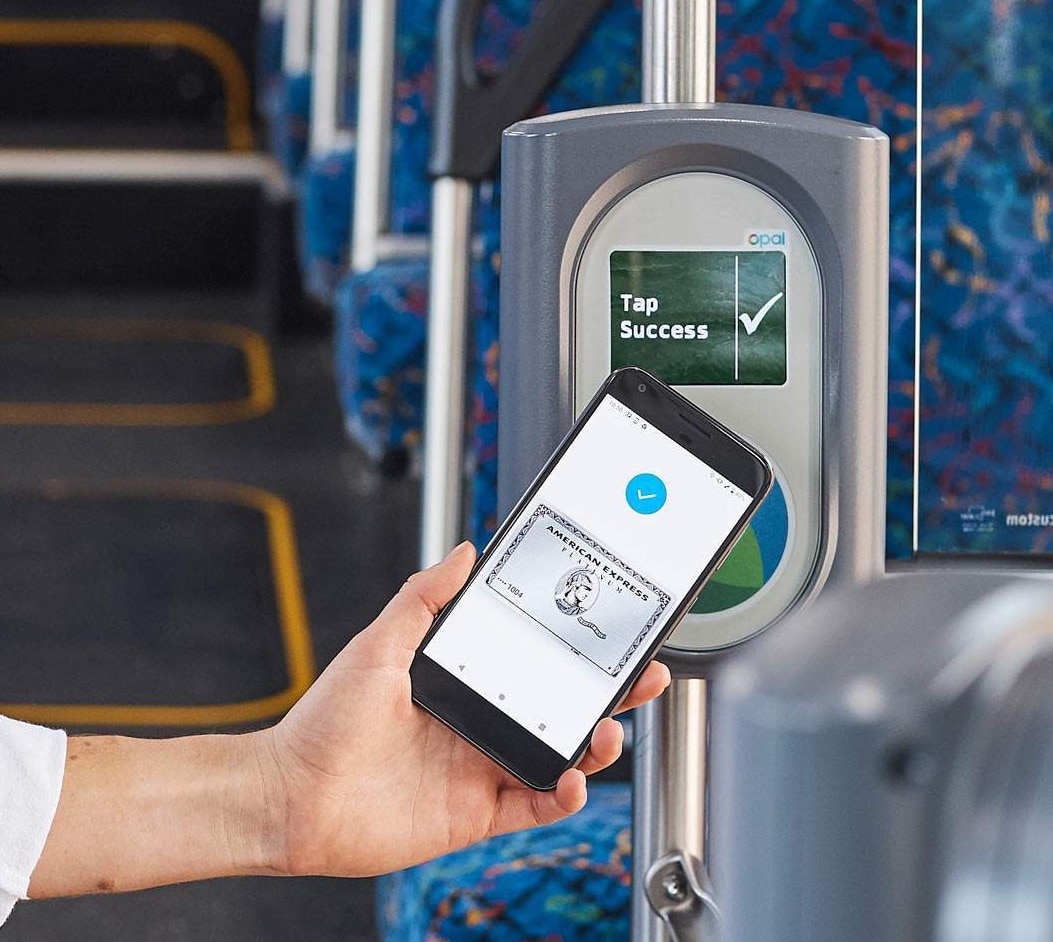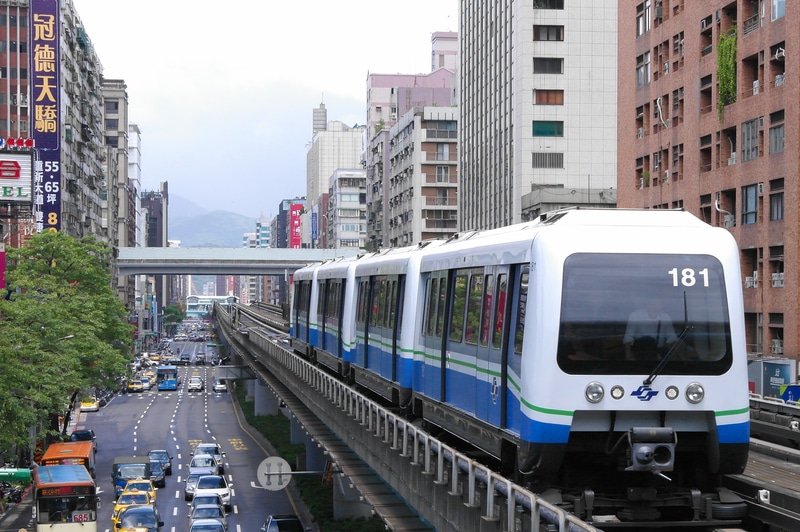
Article Highlights
The Taipei Metro, a major transit operator in Asia, plans to launch open-loop payments around 2025, Mobility Payments has learned. Taipei has been one of a dwindling number of the large cities that have resisted adopting the fare-payments technology. The metro is seeking lower transaction fees from banks and payments companies when it launches the technology.
Chart: Taipei Metro ridership
• Taipei Metro
• EasyCard Corp.
• Thales
• MiTAC
The Taipei Metro, a major transit operator in Asia, plans to launch open-loop payments around 2025, Mobility Payments has learned. Taipei has been one of a dwindling number of the large cities that have resisted adopting the fare-payments technology.
